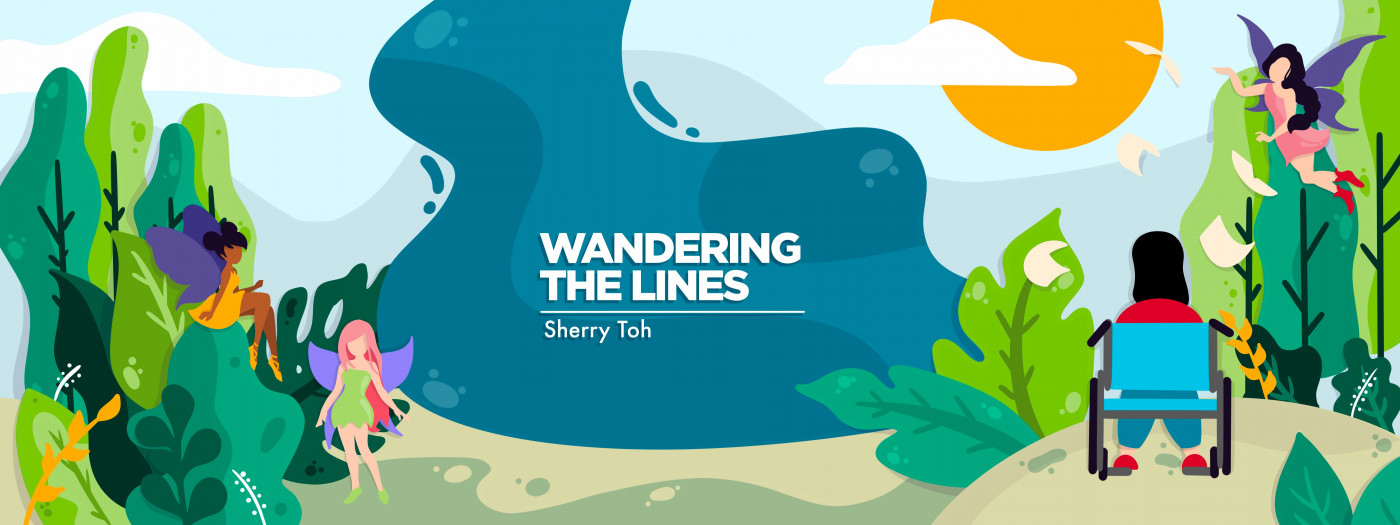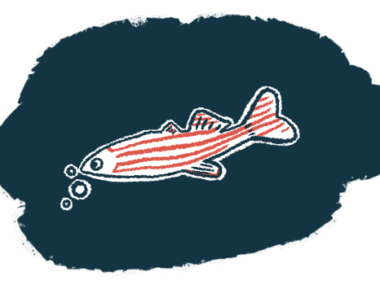How Elevating ‘Traditional’ Family Dynamics Fails the Disabled
Why expecting women to take on the role of wife and mother can be harmful
Written by |

Many a think piece has been written about what Twitter, and social media in general, does to our brains. Experts have even weighed in on what doomscrolling, a term Merriam-Webster defines as “the tendency to continue to surf or scroll through bad news, even though that news is saddening, disheartening, or depressing,” does to our mental health.
In an article published by Today, psychiatrist Pavan Madan said, “Being constantly showered with fear-inducing content can lead to a variety of anxiety issues that can cause physical and mental discomfort.”
Unfortunately for me, I’m a freelance journalist and disability advocate. Staying on social media, Twitter in particular, is part of my job. I have to stay up to date on the latest news and community trends, and keep an eye out for new opportunities and people to network with. I try my best to find a balance between whatever I need to do for work and healthy social media habits, but every now and then, I do get caught in the cycle of doomscrolling. Or gawking at posts that aren’t necessarily bad news, just bad.
Stuck in the past
A type of post that’s raised my ire recently is one in which people think it’s their place to say what’s best for others. Some of these posts insinuate that women can’t be happy if they’re not housewives and mothers by a certain age, that women can’t achieve the fullness of love and joy in life without falling into those roles.
Rationally, I know Twitter’s algorithm likely showed me these posts to upset me enough to scroll through the arguments in the replies section, or to engage with whoever made the post. Therefore, I try not to engage.
But I am only human — so instead of simply closing the app, I sometimes lash out with a tweet of my own. Exhibit A:
i'm sick of people not considering the fact that their insistence on how reproduction = having unconditional love implies people who have fertility issues, who were forcibly sterilised, who have disabilities or endometriosis are subhuman bc we can't have that love.
— sherry aka elisa. (@sherlisass) August 25, 2022
I won’t be talking about how motherhood isn’t for everyone in this column. My fellow columnist Halsey Blocher has already done so in a timely, insightful way, and I highly recommend you read what she wrote if that’s what you’re looking for.
What I will be talking about is the harm of idealizing so much of what we think of as “traditional.”
Take the nuclear family dynamic, often the result of marriage and motherhood, as an example: It’s a dynamic that those holding the highest offices here in Singapore have called the bedrock of society. Their sentiments are backed by legislative action, such as enshrining heterosexual marriage in Singapore’s constitution and providing economic benefits to married couples and families. Meanwhile, though the law criminalizing sex between men was repealed in August, queer couples are barred from the rights marriage provides and guarantees to heterosexual couples.
As a queer, disabled Singaporean, I don’t believe this gels with the idea of disability inclusion in Singapore at all. Because, for me, having SMA means I can’t have children. It means, in Singapore’s conservative society, that the majority of men, who are conditioned to believe marriage and children lead to a fullness of life, won’t look twice at me as a potential partner. No matter what I do, no matter how hard disability inclusion campaigns push for social and economic integration here, my inability to find a husband and bear children due to my disability will ensure I’m seen as a second-class citizen.
Someone’s opinion on Twitter is one thing; the Singaporean government not seeing the harm they’re doing contrary to their disability advocacy is another.
Different perspectives are healthy
But with all that said, I admittedly don’t want to fall into the “traditional” role of wife and mother. I’ve seen how women can end up in situations they didn’t necessarily know they were getting into, how underappreciated they are, the abuses they endure, the way many of their children need therapy as adults to cope with their family’s collective traumas.
I’m a child of divorced parents myself. As such, I’m very much against doing what’s “traditional” for tradition’s sake. My perception of what constitutes a full life is different from most.
I don’t know if I’ll ever get married. If I ever want to be, it’d have to be with someone like my partner, Hannah, if not Hannah herself, who cares so deeply for me that she sent messages and well wishes every single day when I was hospitalized. I’d want us to have cats, like all queer girls stereotypically do. Maybe a dog, if we can afford it. And let’s not forget the opportunities to have our dream careers (that will hopefully not require usage of Twitter some day).
But most of all, I want us to live in a world that has liberated us to feel comfortable and proud in our own skin and with the choices we make.
Note: SMA News Today is strictly a news and information website about the disease. It does not provide medical advice, diagnosis, or treatment. This content is not intended to be a substitute for professional medical advice, diagnosis, or treatment. Always seek the advice of your physician or other qualified health provider with any questions you may have regarding a medical condition. Never disregard professional medical advice or delay in seeking it because of something you have read on this website. The opinions expressed in this column are not those of SMA News Today or its parent company, Bionews, and are intended to spark discussion about issues pertaining to spinal muscular atrophy.





Leave a comment
Fill in the required fields to post. Your email address will not be published.